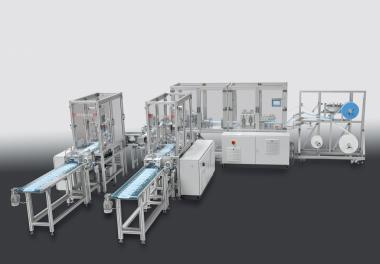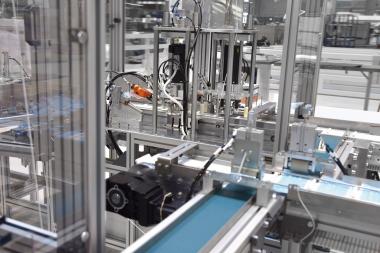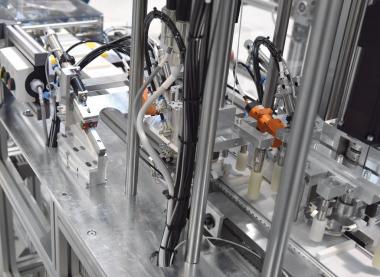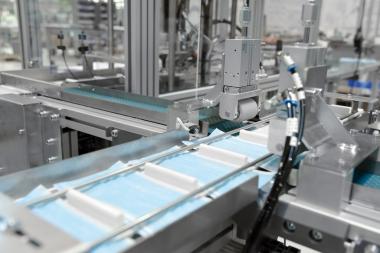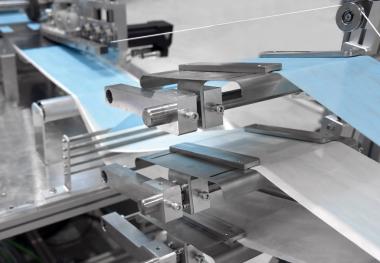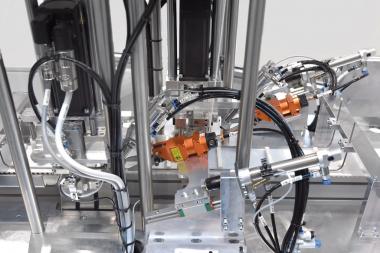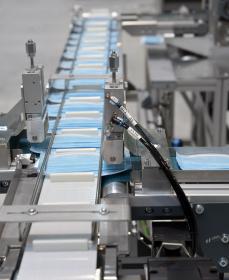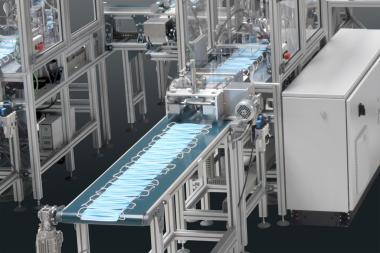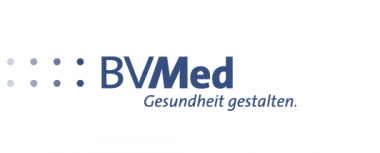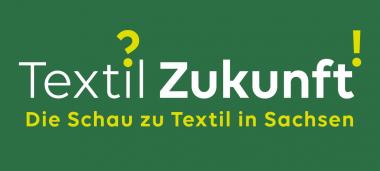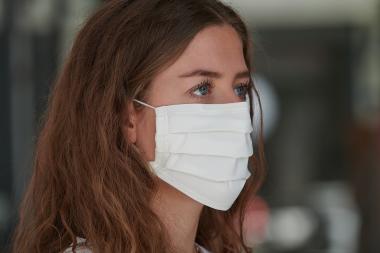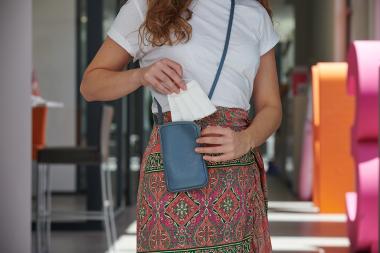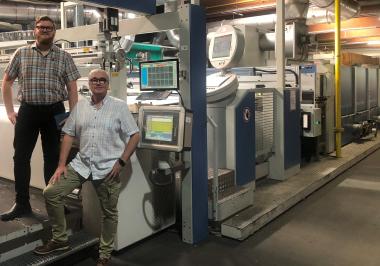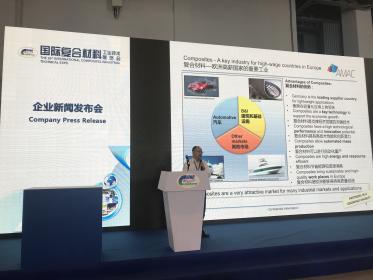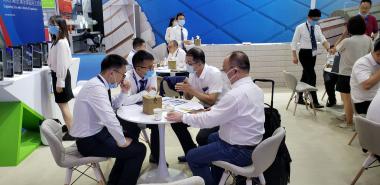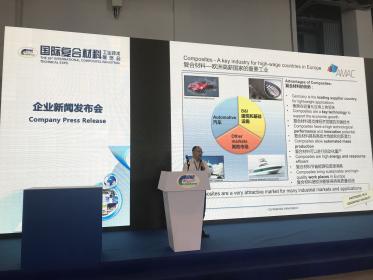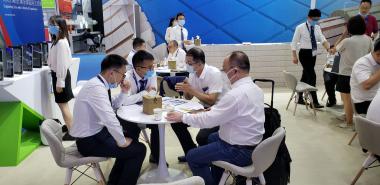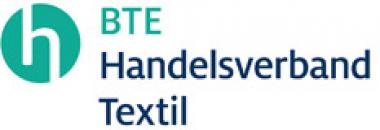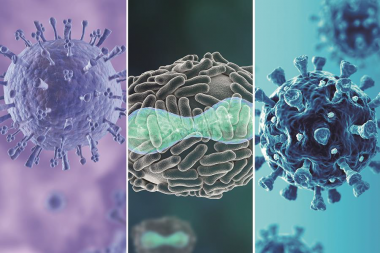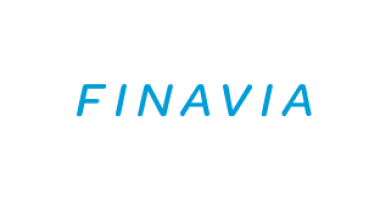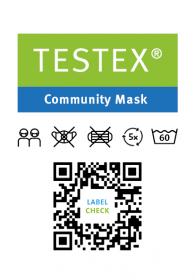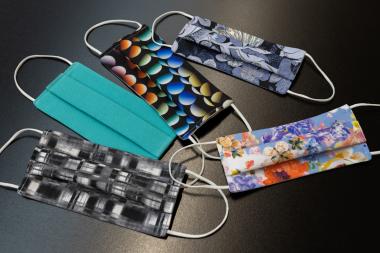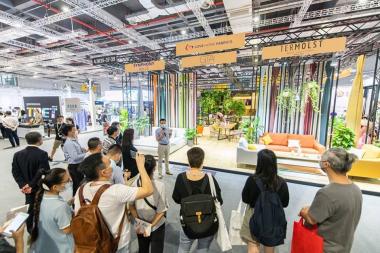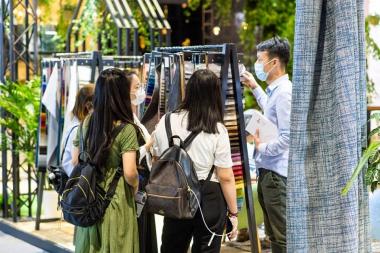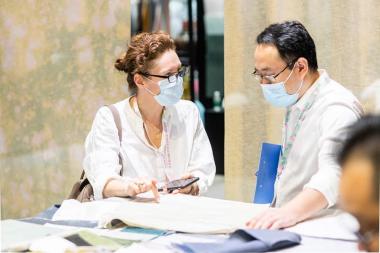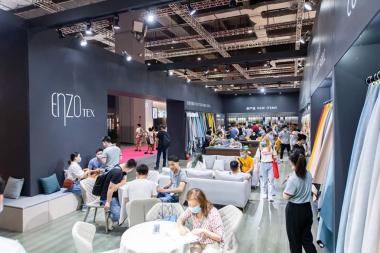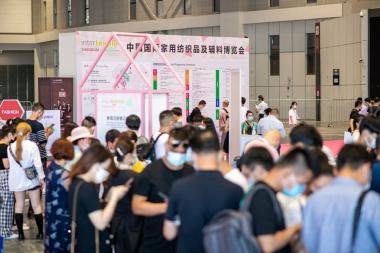PFAFF 4520: Full-automatic mask production unit
With the PFAFF 4520, engineers and technicians from PFAFF have designed a full-automatic production line (CE compliant) for processing multi-layer disposable masks, which meets the requirements of "German engineering" in a unique way. The product combines 150 years of expertise in joining textile materials and a concentrated know-how of the PFAFF INDUSTRIAL and KSL brands in the areas of process control, automation and robotics.
The PFAFF 4520 is an investment in a robust and sophisticated production line (MADE IN GERMANY) with an exceptionally reliable working process. In times of Covid-19 it is so important to rely on the right equipment for the mask production and avoid costly readjustments or an unnecessary second investment!
Key facts of the unit:
- Size of the mask: 175 x 95 mm
- Output: 3,500 – 4,000 masks per hour
- 1-, 2- or 3 ply processing (Non-woven/filtration fabric)
- SPS (PLC) control of the entire mask system
- Exceedingly quiet working process of the whole unit
- Ultrasonic welding components from German manufacturers
- Protective housing for occupational safety of the operator
- Packing station + printing station for personalized masks (on request)
The machine package also includes important features in the pre- and after sales:
PFAFF technicians ensure the adjustment of the desired customer material (non-woven or similar filter material) and the number of layers (1-, 2-, 3-ply) to the machine and make a "Ready to production" installation of the whole unit at the customer. A fast service response time in after-sales (by involvement of the PFAFF sales- and service partner on site) ensures a maximum production output.
Pfaff PFAFF Industriesysteme und Maschinen GmbH Mund-Nasen-Masken Automatisierung Covid-19
PFAFF Industriesysteme und Maschinen GmbH


